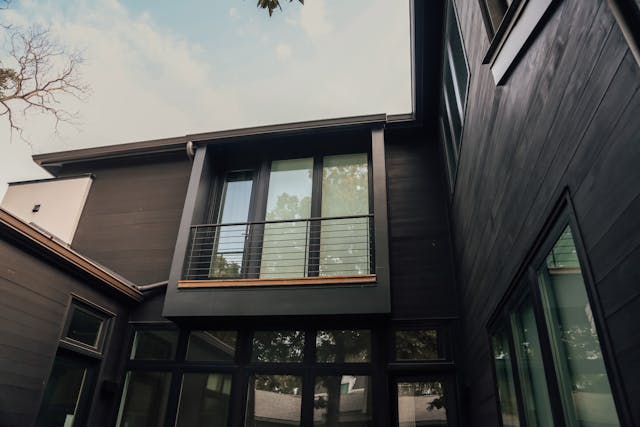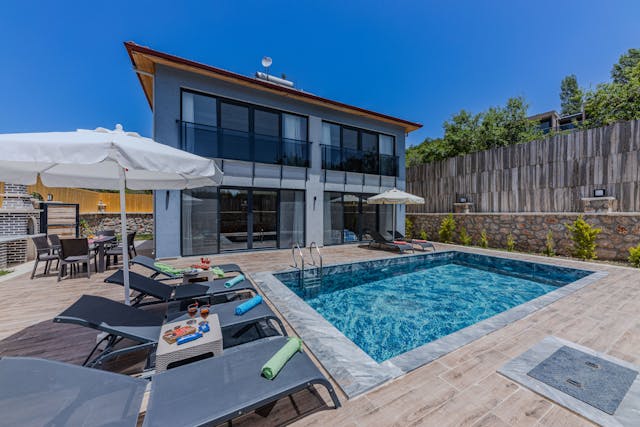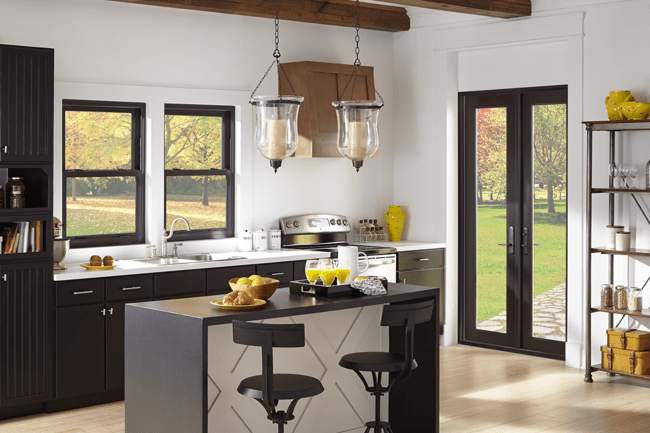Introduction to Passive Home Design and Hurricane Windows
In today’s environmentally conscious world, passive home design is becoming increasingly popular. This approach focuses on creating energy-efficient homes that minimize the need for external energy sources. One critical element in passive home design, especially in regions prone to extreme weather conditions, is the use of hurricane windows in Pinellas County, FL, where hurricanes are a significant concern, incorporating these windows is not only a matter of safety but also an essential component of sustainable living.
Understanding Passive Home Design
Passive home design revolves around maximizing a building’s ability to maintain comfortable indoor temperatures with minimal reliance on heating and cooling systems. This is achieved through superior insulation, airtight construction, and strategic placement of windows and doors. The goal is to reduce energy consumption, lower utility bills, and minimize the environmental impact.
 The Role of Hurricane Windows in Energy Efficiency
The Role of Hurricane Windows in Energy Efficiency
Hurricane windows are an integral part of passive home design due to their exceptional insulating properties. These windows are constructed with multiple layers of glass and a durable interlayer that not only provides impact resistance but also enhances thermal performance. This construction helps to keep the home cooler in the summer and warmer in the winter, reducing the need for artificial heating and cooling.
1. Thermal Insulation
Hurricane windows help in maintaining consistent indoor temperatures by preventing heat transfer. This is particularly important in coastal areas where temperature fluctuations can be extreme. By reducing the heat exchange, these windows contribute significantly to energy savings.
2. Air Tightness
Passive homes rely on airtight construction to prevent energy loss. Hurricane windows, with their robust sealing mechanisms, prevent air leaks that can compromise the efficiency of a passive home. This ensures that the conditioned air remains inside, and the external weather stays out.
3. Solar Gain Control
Hurricane windows can be designed to control solar gain, which is the increase in temperature in a space due to sunlight. By incorporating low-emissivity (Low-E) coatings, these windows can reflect a significant portion of the sun’s heat while allowing natural light to enter, enhancing comfort without increasing cooling loads.
Additional Benefits of Hurricane Windows
Beyond energy efficiency, hurricane windows offer several other benefits that make them a valuable addition to passive home design:
- Enhanced Security: The impact-resistant nature of hurricane windows provides an added layer of security against break-ins. This is especially beneficial for homes in isolated areas or regions with higher crime rates.
- Noise Reduction: The multi-layered construction of hurricane windows significantly reduces external noise, creating a more peaceful and comfortable indoor environment.
- UV Protection: These windows block a significant portion of harmful UV rays, protecting your furnishings, flooring, and artwork from fading.
Compliance and Installation
Proper installation is crucial to maximizing the benefits of hurricane windows. We ensure that all our products meet the stringent building codes and standards required for hurricane protection. Our factory-certified Master Installers guarantee that each window is installed to the highest standards, ensuring optimal performance and longevity.
The Cost-Benefit Analysis of Hurricane Windows
While the initial investment in hurricane windows can be higher compared to traditional windows, the long-term benefits far outweigh the costs. These windows provide substantial energy savings, reduce insurance premiums, and increase the overall value of the home. Additionally, the peace of mind
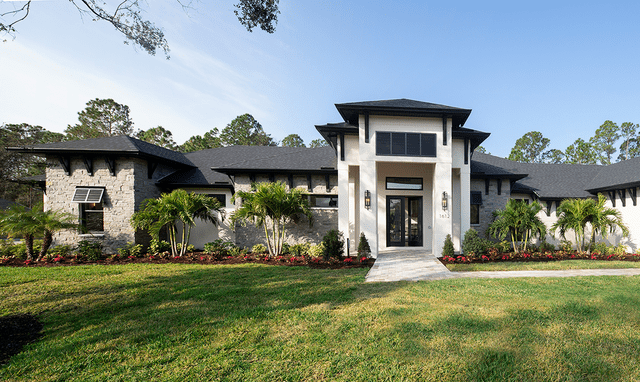
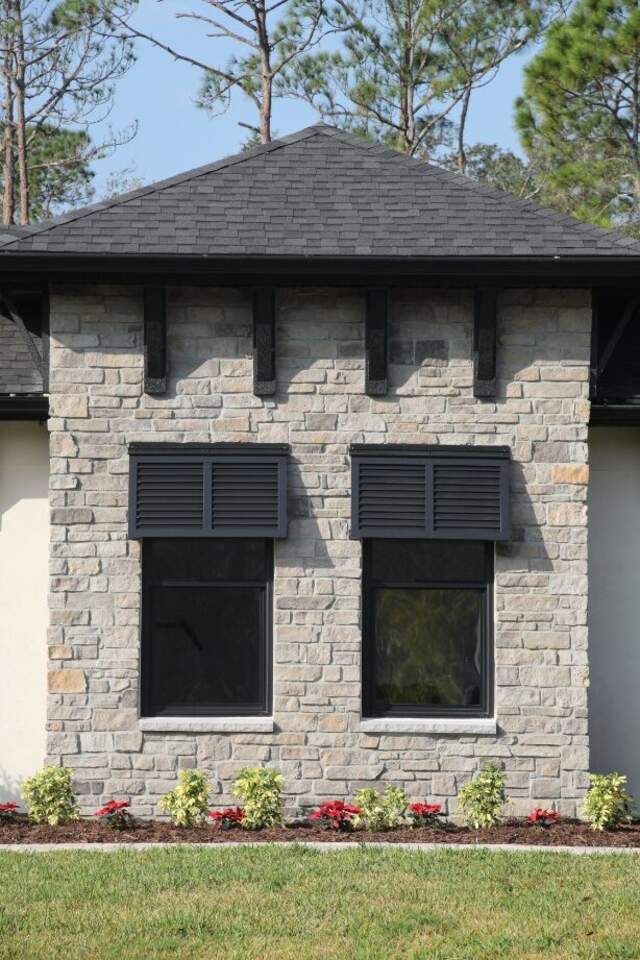 The Role of Hurricane Windows in Energy Efficiency
The Role of Hurricane Windows in Energy Efficiency